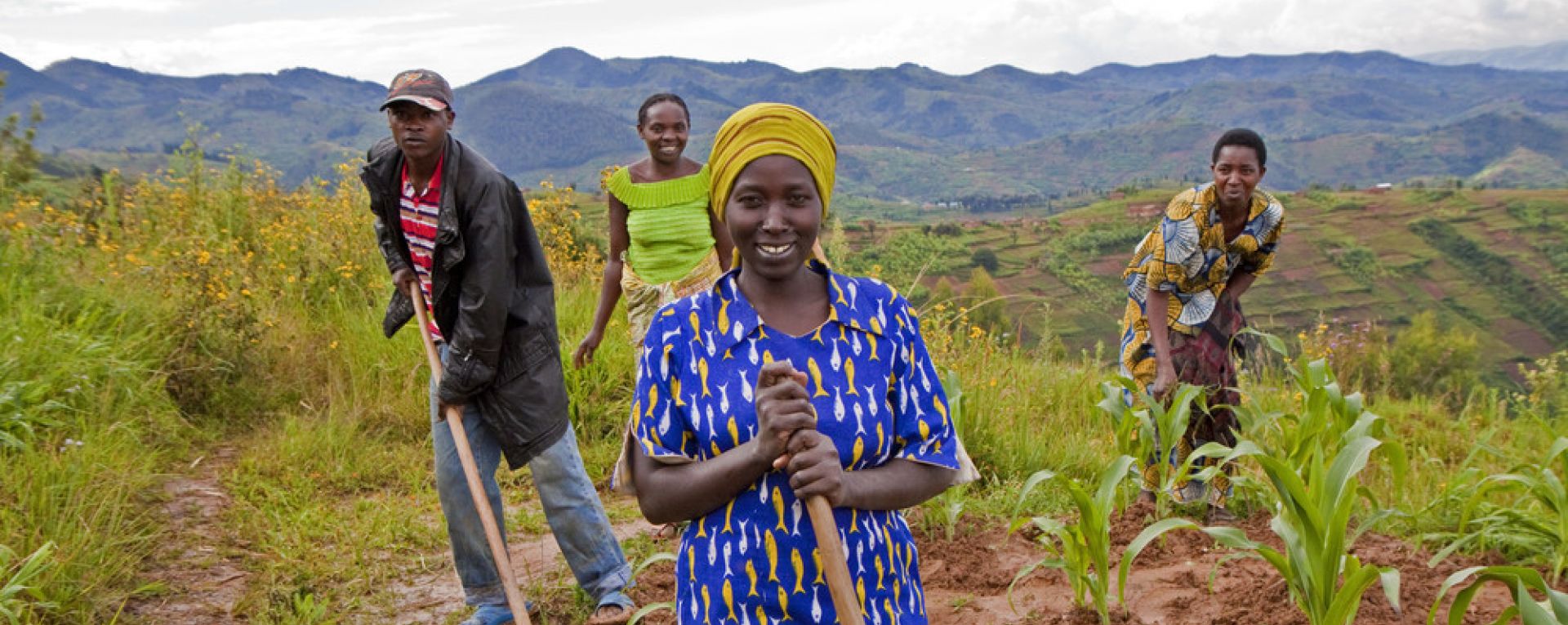50x2030 Releases FY23 Annual Report, Highlighting Milestones and Progress
The 50x2030 Initiative has released its FY23 Annual Report, highlighting key milestones and country-specific progress made over the past fiscal year.
In FY23, the 50x2030 Initiative embarked on an expansion strategy and made great strides in achieving its targets. It initiated and strengthened partnerships with a total of 29 countries, which represents about 60 percent of the target number of countries to be engaged through 2030. Intensive implementation of activities continued in existing partner countries (i.e., data collection, data dissemination, support in data analysis and use of data in policy making, monitoring and targeting) and launched in new ones (i.e., needs assessment, training, survey design, program planning, etc.).
In FY23, the Initiative also continued the development of global public goods, which contributed to improved survey data collection and innovative strategies on data production. Refinements in survey instruments and tools were undertaken (i.e., mixed-mode survey, recall bias in fisheries, survey management system, 50x2030 reference questionnaire instruments, protocols for georeferencing) and advances in research and studies on survey methodologies and data integration were achieved (i.e., WEMNS tool, measurement of land area, post-harvest crop losses, georeferencing protocols, etc.).
Looking onward to FY24, the 50x2030 Initiative will strive to bring the program to more countries and steadfastly support them in developing national agricultural data systems, ensuring that the data generated informs key national agricultural policies that address country priorities, such as food security and improved rural livelihoods.
The milestones achieved by the Initiative in FY23 would not have been possible without the commitment of its partner countries, the strong partnership with the World Bank Operations, the continuous and generous support of its donors, namely the United States Agency for International Development, the Bill and Melinda Gates Foundation, Germany’s Federal Ministry of Economic Cooperation and Development, Australia’s Department of Foreign Affairs and Trade, Italy’s Ministry of Foreign Affairs and International Cooperation and the European Union, and the technical and operational capabilities of its key multilateral partner implementers, such as the World Bank (WB), the Food and Agriculture Organization (FAO) and the International Fund for Agricultural Development (IFAD).
